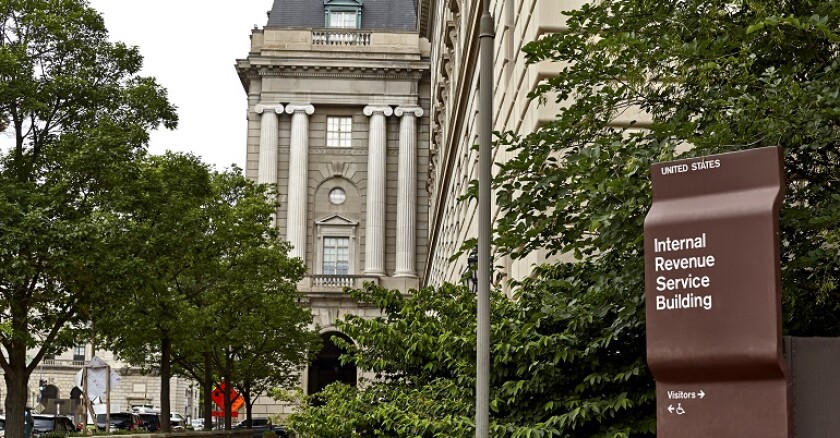And, amazingly, the Internal Revenue Service listened.
Being wary of the taxman is as American as the Boston Tea Party. Most people understand that the government needs its share in order to do what it does. From our nation’s armed forces to the air-traffic control system to the interstate highways and far beyond, the whole shebang costs money.
As the saying goes, freedom isn’t free.
But though the citizens are plenty accustomed to having the IRS reach into their wallets, the agency’s decision to use facial-recognition software to verify people’s identity when accessing personal records online was a step too far for many, Republicans and Democrats alike.
In response, the IRS has dropped its use of biometric facial-recognition softwareand will be moving onto other methods to allow taxpayers to access their records and accounts.
This was absolutely the right thing to do.
If you use a smartphone that employs face ID to unlock the device, you are familiar with how facial recognition works. Pick up your phone and give it a glance, and you are good to go. Do the same with someone else’s, and it remains locked. What’s not to like?
But taking the steps needed to have your phone recognize your face is a long way from letting the IRS have a piece of the action. A long way, indeed.
And it’s not only small government conservatives and hardcore libertarians who are likely to feel this way.
Sen. Ron Wyden, a liberal Democrat from Oregon who has long championed civil liberties and the maintenance of individual privacy rights, came out strongly against the Internal Revenue Service’s biometric ID effort. So, too, did a good number of Republicans who have long been suspicious of the agency’s powers. As did a great many people from all walks of life who knew about what the IRS was up to and balked.
Good for these people. All of them.
Even in our era, when so very little is private, an individual still retains the right to keep her face out of the government’s hands if she so chooses. One can back cybersecurity and still believe that the IRS was out of bounds in requiring that people use facial recognition to access their own records.
On “The Jetsons,” maybe, but not here.
© 2022 Advance Local Media LLC. Distributed by Tribune Content Agency, LLC.








